3 BEST PIECES OF ADVICE MY MENTOR GAVE ME WHEN I STARTED MY PHOTOGRAPHY BUSINESS
This article was first featured on F-stoppers.com written by Head photographer, Eric Chen.
When I first started out, I had no idea what to do and how this whole photography business is supposed to work. However, I was blessed to have a mentor who is a legend in my industry this side of the world where I come from. He founded a huge production company that has multiple locations around the region and has an army of creatives and producers under him. Over the years, younger photographers would come and ask me for advice and I would simply tell them what he said to me. Here are the 3 best pieces of advice that he gave me and after many years they are still the foundations of how I run my business.
BUSINESS OVERHEADS: MANAGE THEM, OTHERWISE YOU WILL NOT HAVE ANYTHING TO MANAGE IN TIME TO COME
Let us get down to business. Becoming a professional means you are running a business. Young photographers starting out have a lot of passion and some natural talent however many of them lack business acumen and basic cost management. One of the reasons why people go out of business is because they have run out of money to sustain the business. I asked my mentor what would be the number one advice to those wanting to start a photography business. He plainly said, manage your overheads.
He told me it is as simple as the cup of coffee I just bought for him to seek his advice. I spent a few dollars on it and I need to know where every dollar goes to and what it is meant for. He told me incurred as little overheads as possible. Speaking from the experience of someone who knows the stresses of having to pay the bills for a few buildings and giving payroll for about a hundred-odd people monthly. That is a level that many people might not even reach but he went on to say how many of his peers running smaller firms than what he is running are closing down their business because they are unable to cover their overhead costs.
That big fancy studio space/office that photographers dream about, is what puts them out of business usually. Not being able to pay your landlord is real life and they are not going to give you a discount based on how good your portfolio is or how much passion you have in your heart. Only when your business is stable and sustainable, you should then consider a studio space but not right at the start.
If you really need studio space, go find a rental studio. Chances are you will not be using it every day or sometimes in weeks. For rental studios, they are able to give you everything you need and more because their business model is renting studio spaces. Let them worry about rent and maintenance. Just use it and forget about all the stresses of running it. Spend that time getting more work and making more connections. Another way would be to co-share a space. It is more economical that way and you have partners to help you when you need that occasional help.
Buying too much equipment can be another problem. We might need that one special lens for that one shoot and may never use it again. In that case, rent it. It is much more cost-effective if you do so. Take, for example, a lens that costs around $2000. You can rent it for $50 for a day. If you buy it, you would have to use it at least for 40 odd shoots to make your money’s worth. Only buy it if it is essential to your usual workflow and you cannot do without it.
Bottom line is, it is more than just your amazing portfolio, crazy technical skills, or a room full of gear. It is about money management just like any other business. If you run out of it, you are out of business.
PERCEIVED VALUE: CLIENTS PAY YOU ACCORDING TO WHAT YOU ARE PERCEIVED TO BE WORTH
The second piece of advice my mentor gave me, as he sat across the table with a slight chuckle seemingly recounting his many episodes with clients, was this: clients pay you accordingly to how much you are perceived to be worth.
This is a scenario that you will definitely encounter. For example, your client says they only have $500 for this job. Usually, it is too little for the time you need to spend doing it. However, you need to grow your clientele because you just started out and you said yes thinking it will lead to more opportunities and bigger budgets in the future. More often than not, this is not how you should approach this. See the problem with it, is that there is a reason why they look for you in the first place. They think you are a $500 photographer. Many new photographers make the mistake of devaluing themselves and try to work for less. When the client has a $5000 budget in the future, will instead look for a $5000 photographer. They will not go back to the $500 photographer unless they have another budget of $500. Your perceived value to that client is already pegged at $500 and it will be hard to increase your fee with that client.
In this case, you have to grow your value by getting good work and a stellar clientele over time. Learning to say "no" is a powerful tool that you can use to create value for yourself. Allow that job to pass by if the budget is not favorable and tell them how much you are able to do it for and when they have that budget, they can come back looking for you.
Another way would be to do it for free. Yes, I said, free. That is almost like a curse word in the creative field. However, if that client is a big brand name that is going to open more doors for you, you can consider doing it at production cost. State your charges to them and tell them you will be doing them favor out of goodwill. In this way, they owe you a favor. This turns the tables in the relationship and gives you higher bargaining power in the future. Usually, big brand names do small promotions that are low in the budget that are not very difficult or time-consuming. These jobs could be your doors to big jobs in the future. This is one of the most powerful pieces of advice that I have learned that has paid dividends in many forms.
PRIORITIES: STOP CHASING THE MONEY, LET THE MONEY CHASE YOU.
I know what you are going to say: "but did you not just speak about knowing your value and all that business talk about money?" The third piece of advice that my mentor gave me was simply, to follow your passion, stop chasing the money, let the money chase you. I heard him tell many young photographers to a point that everyone in his office knows this.
It may seem like the overused mantra "follow your passion" that everyone speaks about when they want to get into the creative field. However, the second part of stop chasing the money, letting the money chase you became a reality to me. As a creative, the money side of things can be a psychological barrier. I realized the moment you focus on the amount you are going to be receiving, You become less enthusiastic and less creative. It hindered me from accepting jobs at the start that could have been a platform for more. However, when I decided to stop looking at the money, and just enjoy the process, I saw an increase in the quantity and quality of the jobs I received. My mentor knew something about this, I saw how passionate he is still at a much older age and it worked amazingly for him in terms of his business.
Those simple words of wisdom that I received over that cup of coffee have paid back many times over and have been tremendously helpful over the course of my business. Hopefully, these will be helpful to whoever wants to follow their passion.
We love to hear from you.
Here at The Finishing Touch Studio, we're a Singapore photography production company that offers a suite of services to cater to brands and businesses. Besides all the business stuff, we engage with the community to teach and grow budding photographers. If you are looking to learn photography or grow as a photographer, we are happy to talk more. So speak to us!


